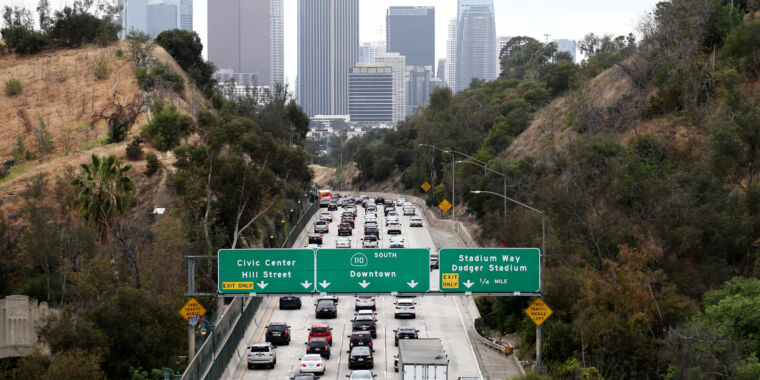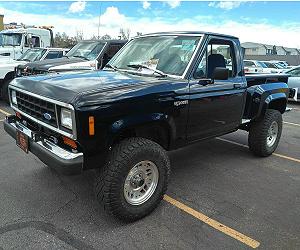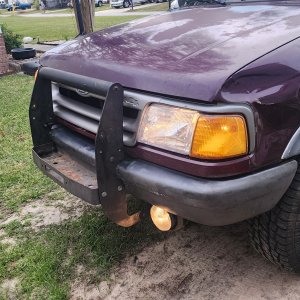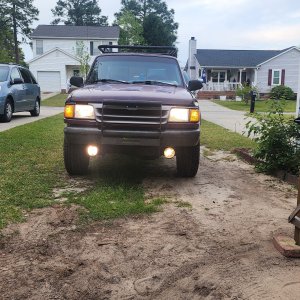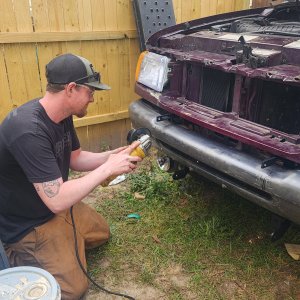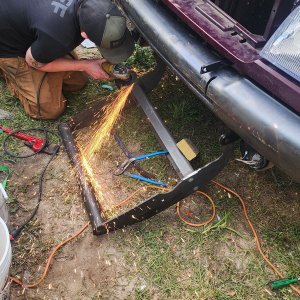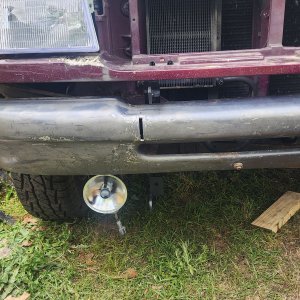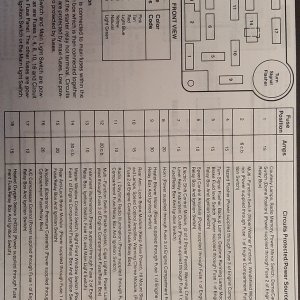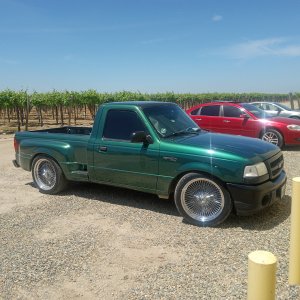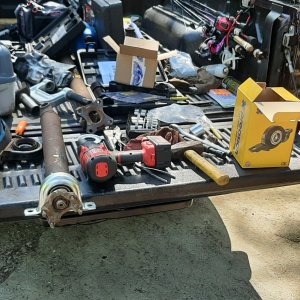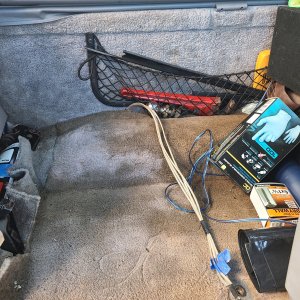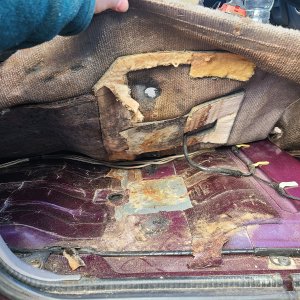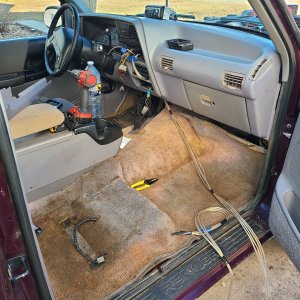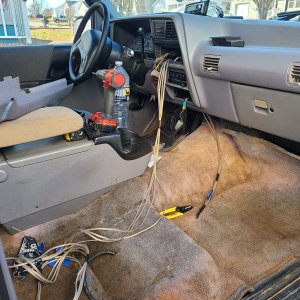sgtsandman
Aircraft Fuel Tank Diver
TRS Forum Moderator
U.S. Military - Active
TRS 20th Anniversary
TRS Event Participant
Ham Radio Operator
GMRS Radio License
- Joined
- Mar 11, 2017
- Messages
- 12,864
- Reaction score
- 12,657
- Points
- 113
- Location
- Aliquippa, PA
- Vehicle Year
- 2011/2019
- Make / Model
- Ranger XLT/FX4
- Engine Size
- 4.0 SOHC/2.3 Ecoboost
- 2WD / 4WD
- 4WD
- Total Lift
- Pre-2008 lift/Stock
- Tire Size
- 31X10.5R15/265/65R17
I may be confused here but what say does the federal government have on a states environmental agency and policy? If it's about the court ruling against the EPA, that should mean a hill of beans to California's environmental agency, or my home state for that matter. Why would the President have to, need to, or even have the authority to authorize California to do anything? What am I missing?If you read the article it states California's mandate will have an impact nationwide. That's not the same thing a Biden authorizing California the ability to mandate require EVs nationwide. Biden reauthorized California's ability to regulate emissions in California, which California has had the ability to do for decades, and the manufacturers will decide on where they will and will not sell EVs.

